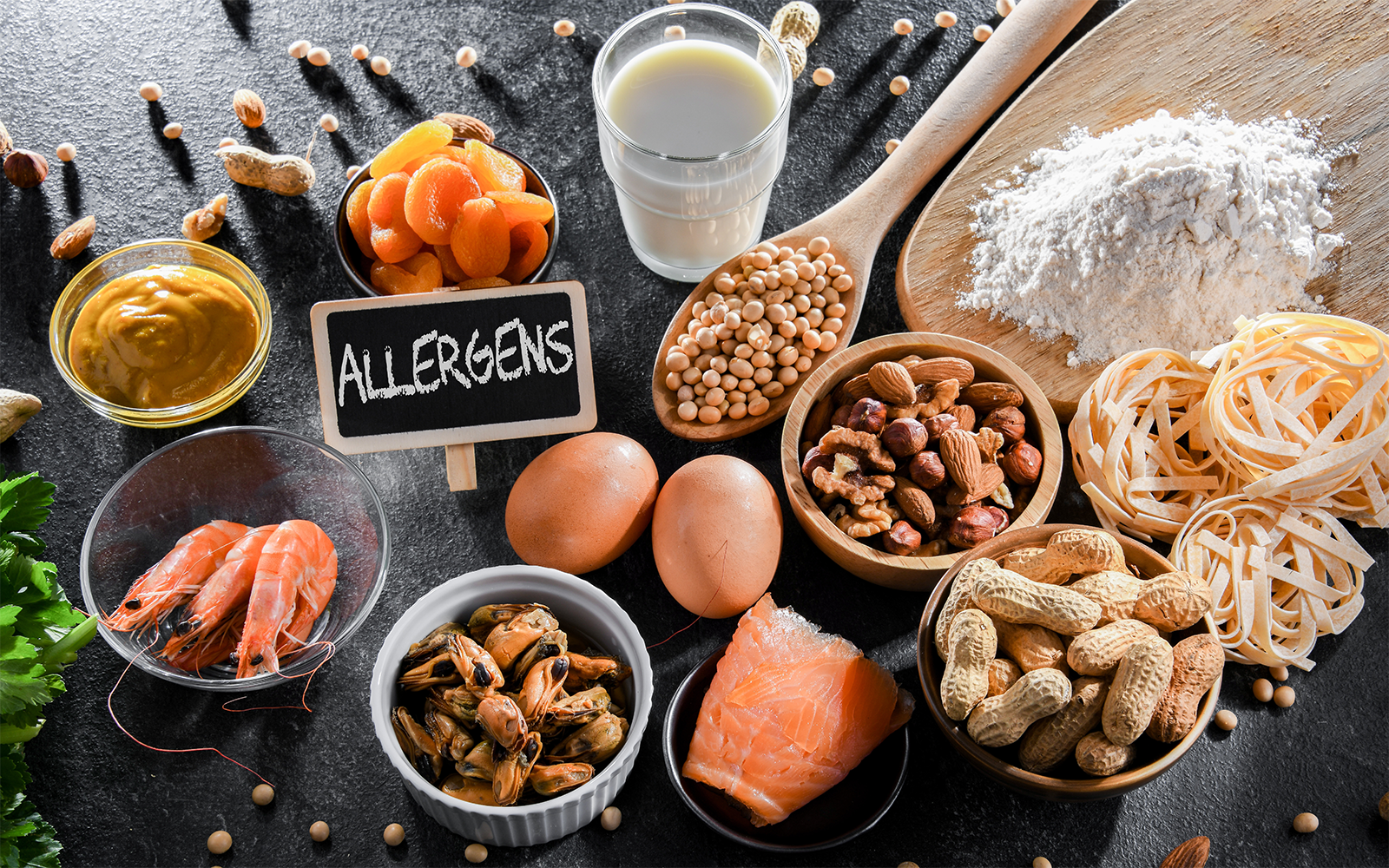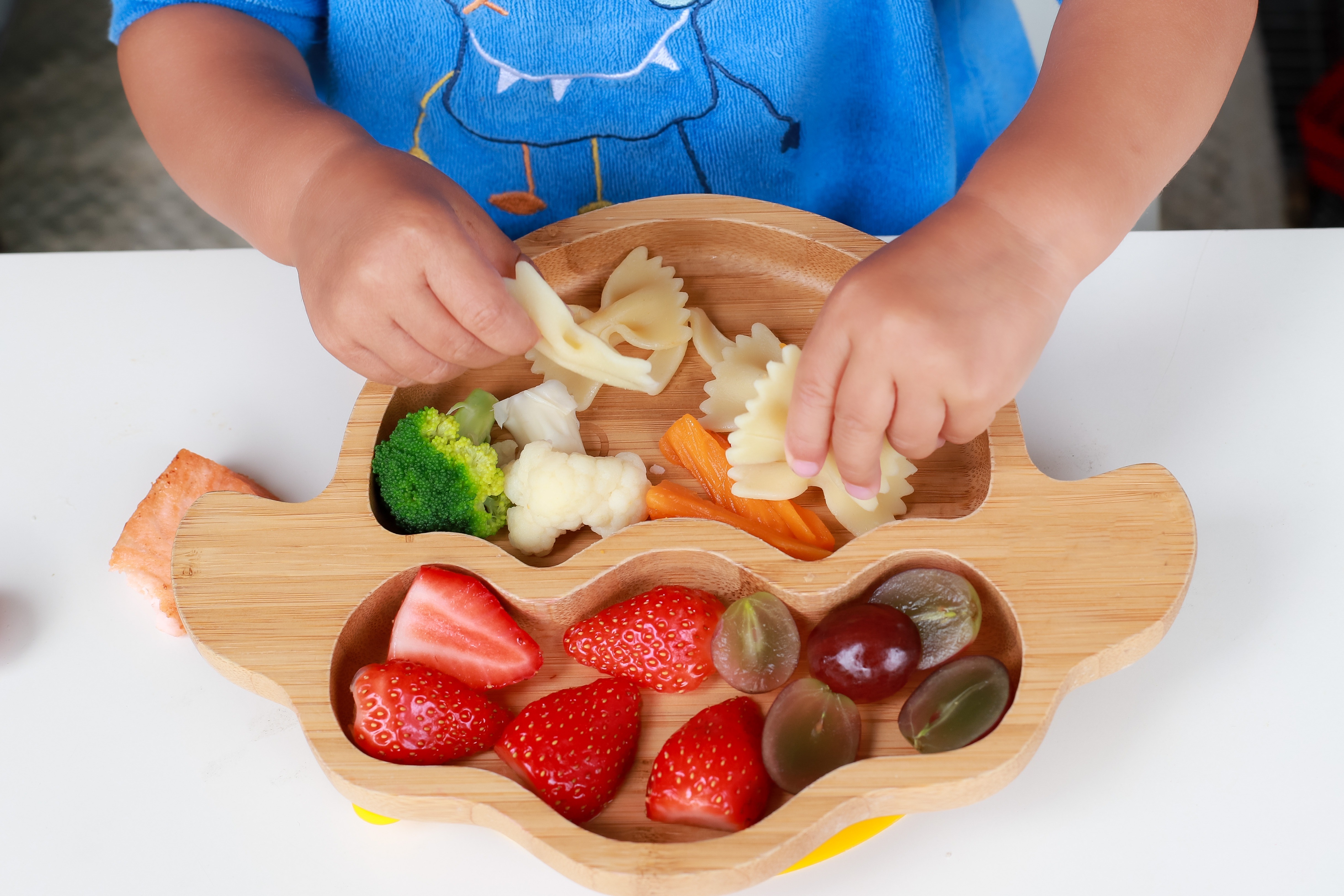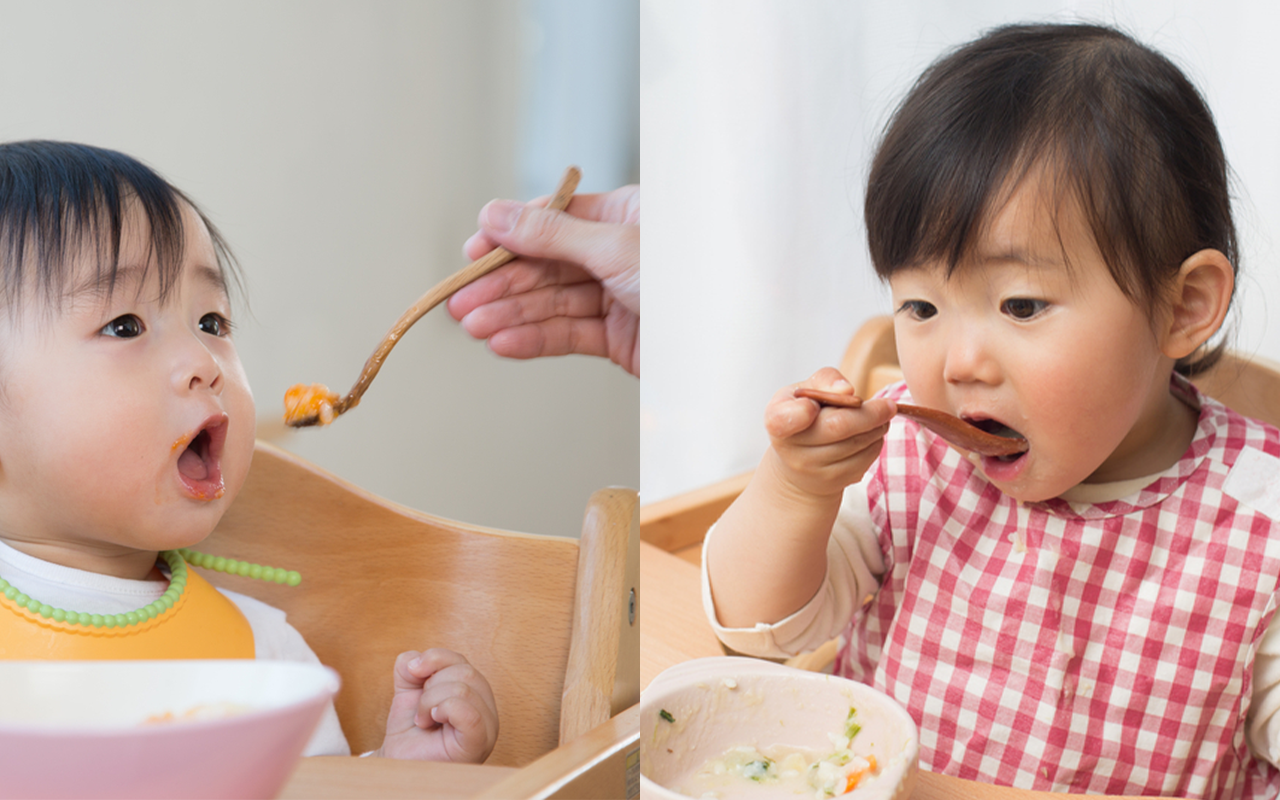
As parents start introducing their children to supplementary and solid foods, a significant concern arises about the potential for food allergies. To proactively prevent the development of food allergies in your children, we have compiled essential insights that parents should understand about food allergies.

What is food allergy?
Food allergy occurs when a child's immune system mistakenly views a certain food item as a threat. This reaction happens when the body recognizes a particular protein as an allergen, usually leading to an immediate response after consumption. According to the American Academy of Allergy, Asthma, and Immunology, approximately 8% of children experience food allergies, and roughly 40% of them deal with severe symptoms. Allergic responses can vary from mild to potentially life-threatening.
How to Determine If We Might Have a Food Allergy?
If either of the child's parents or any of their siblings has a history of food allergies, the chances of the child having a food allergy increase. Even in cases where the parents or siblings don't show allergies but have experienced asthma episodes, skin conditions such as eczema, or coughing due to sensitivity to particles, the child might still be vulnerable to developing a food allergy.  Common Allergy-Causing Foods
Common Allergy-Causing Foods
Here are the foods that often trigger allergies in children:
- Various types of eggs (chicken, duck, quail)
- Dairy products and milk
- Peanuts
- Sesame seeds
- Nuts from plants (cashews, almonds, walnuts, etc.)
- Fish
- Seafood
These mentioned foods are common categories that tend to cause food allergies.  Symptoms of Food Allergies
Symptoms of Food Allergies
Food allergies are categorized by type and can manifest shortly after consumption, ranging from seconds to hours later.
Typical symptoms of food allergies include:
- Facial redness and swelling
- Irritation
- Skin rashes and hives
- Swelling of the eyes, face, lips, and tongue
- Breathing difficulties
- Challenges in swallowing food
- Weakness and limpness
- Paleness in the face
- Abdominal discomfort
- Diarrhea
- Dizziness
- Vomiting, and more.
Severe Food Allergy Symptoms with the Potential for Life-Threatening Effects:
- Airway constriction
- Intense inflammation of the throat's interior causing breathing difficulties
- Sudden decrease in blood pressure
- Rapid heart rate
- Loss of consciousness, and more.
Food allergies encompass a spectrum from mild discomfort to life-threatening reactions. Therefore, it's crucial to seek immediate medical attention from a knowledgeable doctor if you experience any signs of an allergy.

How to Prevent Food Allergies?
The primary method to prevent food allergies involves exclusively breastfeeding your baby for the first (6) months after birth. Besides addressing food allergies, breastfeeding provides numerous other health benefits. There's a prevalent misconception among breastfeeding mothers that fasting is required to prevent allergies in their child. However, this idea is incorrect. In fact, mothers should maintain a varied diet that includes even those food groups that might potentially trigger allergies. There is a concern among individuals that if a breastfeeding mother consumes seeds and nuts, her child might develop food allergies. However, including these foods in the diet can actually reduce the likelihood of food allergies when babies transition to solid foods after being breastfed for approximately (6) months. Professionals suggest that when introducing solid foods to children, it is advisable to start with non-allergenic vegetables and fruits while also incorporating allergy-causing foods, as well as eggs and fish. Research indicates that the longer the introduction of feeding is delayed, the greater the potential risk of allergies. If you suspect that your child might be experiencing a food allergy, it is recommended to seek guidance from a certified physician or nutrition expert.
There is no specific cure for food allergies. While some children may develop allergies in their early years, these allergies often improve with age. If you have a food allergy, the most effective approach to managing it involves avoiding the consumption of the specific food that triggers the allergic reaction. You can also decrease the chances of your baby developing food allergies by implementing the methods mentioned earlier. While mild allergies can resolve on their own, there are instances of severe reactions that can be life-threatening. Therefore, if you observe significant symptoms, it is strongly recommended to promptly seek medical attention at the nearest hospital or clinic.




Han Ni Tun